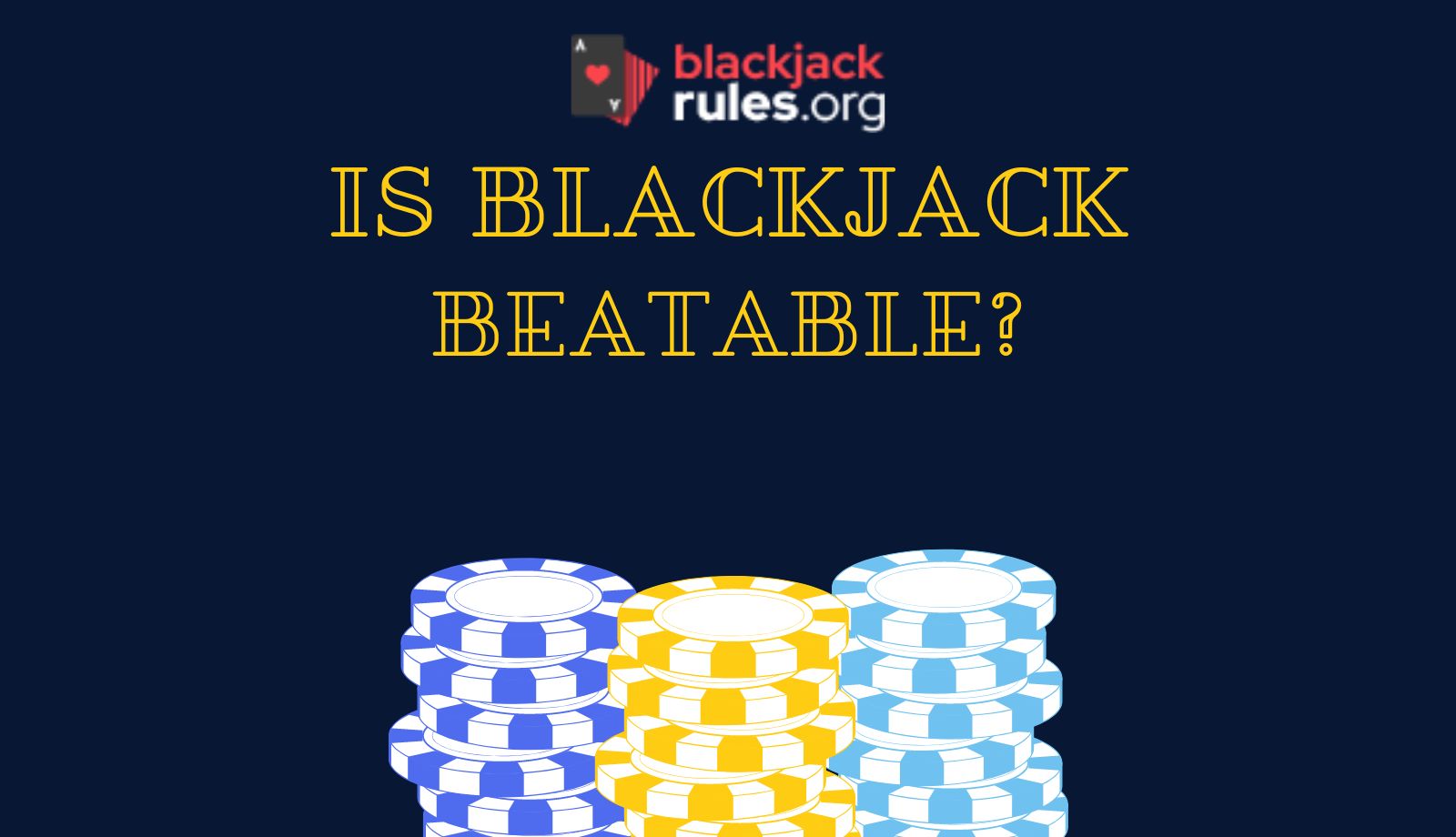Blackjack stands out as the only mathematically beatable game in a casino due to a unique combination of factors that allow skilled players to gain an edge over the house.
Unlike many other casino games that rely solely on luck, blackjack involves skill, strategy, and mathematical probabilities that players can leverage to increase their chances of winning.
Poker, while also a mainstay in casinos, is increasingly regarded in a league of its own due to the skill and strategy it entails. Unlike typical casino games, poker players compete against each other, not the house. Success in poker hinges on psychological acumen, a deep understanding of the game’s mechanics, and the ability to make calculated decisions. This emphasis on skill over chance has led to poker being categorized differently, often seen more as a competitive sport than a traditional casino game.
But let’s get back to Blackjack.
The Mathematical Foundation of Blackjack
- Blackjack’s beatable nature stems from its clear rules and the finite number of cards used in the game, which leads to changing deck compositions and influences outcomes.
- Card counting, a renowned strategy in blackjack, involves tracking high and low cards to gauge future hand advantages, allowing players to adjust their bets based on the count and increase their chances of winning.
Strategies for Beating Blackjack
- Basic Strategy: Developed in the 1950s by mathematicians, the Basic Strategy optimizes player decisions based on probabilities, ensuring the most profitable actions are taken.
- Card Counting: Players use card counting to track card values and adjust their bets accordingly, increasing their odds of winning when the count is favorable.
Casino Measures to Counteract Winning Strategies
Casinos prevent players from winning at blackjack through various strategies and measures designed to maintain their edge. These include:
- Unfavorable Rules: Casinos implement rules like 6-5 payouts for blackjack to increase the house edge and reduce players’ chances of winning.
- Discouraging Card Counting: Casinos use multiple decks, shuffle prematurely, and employ surveillance to identify and discourage card counters.
- Promoting Poor Betting Systems: Some casinos may encourage players to use ineffective betting systems like the Martingale system, which can lead to significant losses over time.
- Offering 6-5 Blackjack Games: Casinos may offer blackjack games with a payout of 6-5 instead of the standard 3-2. This significantly increases the house edge and reduces players’ chances of winning, making it harder for them to beat the casino.
- Encouraging Insurance Bets: Casinos often promote insurance bets to players, making them believe it protects their main bet. However, insurance bets are generally unprofitable and do not improve players’ chances of winning. This strategy leads to players losing more money in the long term.
Conclusion
While blackjack offers a mathematical chance of winning, it requires a blend of mathematical prowess, strategic thinking, and discipline to outsmart the casino system. Success in blackjack is not guaranteed, but with the right strategies and skills, players can tilt the odds in their favor and potentially beat the house at its own game.
Overall, the mathematical underpinnings of blackjack allow skilled players to outsmart the casino by making strategic decisions that are based on statistical probabilities rather than pure luck. This unique combination of skill, strategy, and mathematical advantage sets blackjack apart as a game where players can indeed beat the house under certain conditions.



